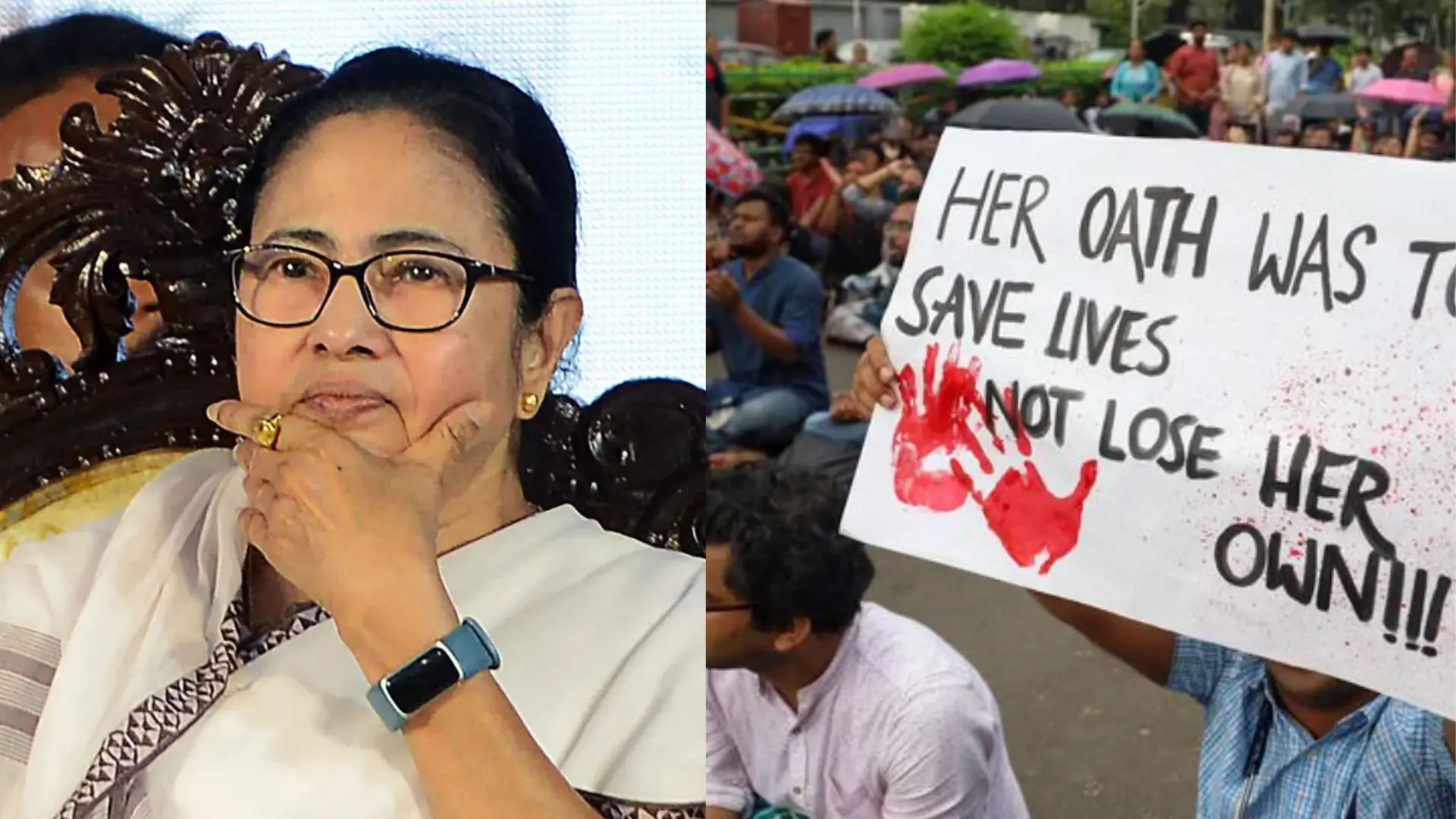West Bengal is witnessing escalating tensions as junior doctors enter the fifteenth day of their hunger strike, a movement sparked by the tragic rape and murder of a fellow medic from R G Kar Medical College and Hospital. The strike, which has resulted in the hospitalization of six doctors due to deteriorating health conditions, highlights deep-seated frustrations within the medical community regarding workplace safety and the demand for justice.
On Saturday, Chief Minister Mamata Banerjee reached out to the protesting doctors via phone, urging them to end their hunger strike. She emphasized that while everyone has the right to protest, it should not disrupt healthcare services. However, the junior doctors remain resolute in their demands, insisting on a dialogue with the Chief Minister herself to address their grievances.
The agitation began in response to the horrific incident that occurred on August 9, where a postgraduate trainee was allegedly raped and murdered, prompting a wave of protests from medical professionals.
Initially, the junior doctors had engaged in a cease-work protest that lasted 42 days, only to resume their agitation when they felt their demands were not being met satisfactorily. Doctors are now calling for immediate action from the state government by October 21, warning of a statewide strike on October 22, if their demands are not addressed.
Key demands of the junior doctors
Justice for their deceased colleague: They seek accountability and thorough investigations into the circumstances surrounding the tragic incident.
Workplace safety: This includes the establishment of a centralized referral system for hospitals, implementation of a bed vacancy monitoring system, and the creation of task forces to ensure necessary facilities like CCTV cameras and on-call rooms are provided in medical institutions.
Removal of Health Secretary N S Nigam: The doctors are calling for the resignation of the health secretary, arguing that systemic changes are necessary for the safety and welfare of medical staff.
The agitation has garnered significant attention, with plans for a mega rally scheduled for Sunday to further press their demands. Additionally, there are discussions among medical professionals across the country about potentially organizing a nationwide strike if the situation does not improve.
TMC Government Faces Backlash
One of the junior doctors, Debasish Halder, expressed disappointment over the Chief Minister’s lack of engagement with the striking doctors. He stated, “We want the Chief Minister to sit for a discussion and implement all our demands. If this is not done, all junior and senior doctors across both government and private healthcare facilities will be forced to go on strike on Tuesday.”
The situation has also prompted criticisms of political figures trying to mediate the crisis. A recent meeting between senior doctor Narayan Banerjee and Trinamool Congress leader Kunal Ghosh was met with skepticism from the protesting medics, who feel that their representatives are not being adequately consulted.
As the hunger strike continues and the health of the protesting doctors worsens, the pressure is mounting on the West Bengal government to take decisive action. The medical community’s demands for justice, safety, and reform are resonating not just within the state but potentially across the nation, highlighting the urgent need for systemic changes in healthcare governance.
ALSO READ: RG KAR CASE: Junior Doctors’ Hunger Strike For Justice In West Bengal Enters 13th Day























